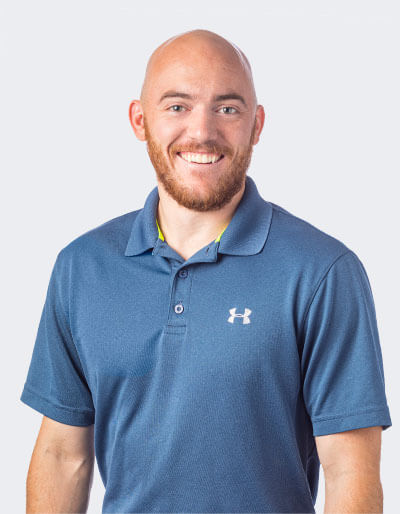01/06/2020
“Is it safe to lift overhead?”
“I’ve heard overhead lifting is bad for your shoulders, is that true?”
“My gym uses presses, jerks, and snatches in their workouts, do I need to modify those lifts?”
With questions like that on your mind, you may find yourself thinking, “am I in over my head?” The answer to all of these common questions is, well, maybe. There are multiple components to overhead lifting which make it more dangerous than lifts below shoulder height; however, that does not mean that overhead lifting needs to be completely avoided. The following three components must be sufficient for safe overhead lifting.
Scapular Mobility
As the arm raises overhead, a significant portion of that motion comes from the scapula, or shoulder blade, upwardly rotating on the rib cage. The scapula serves as a platform for the shoulder joint. If it does not upwardly rotate sufficiently you are at risk of creating an impingement which often leads to rotator cuff irritation.
Thoracic Mobility
Extension through the thoracic spine, or mid-back, is essential for safe overhead mechanics. As many of us sit in front of screens for hours a day, we often wind up with poor posture and a rigid thoracic spine which does not contribute to its share of the necessary motion to lift overhead. When the motion does not come from the thoracic spine during an overhead lift, it has to come from elsewhere. This often puts excessive stress on the shoulder joint.
Glenohumeral Stability
The glenohumeral joint is the ball and socket part of the shoulder and it is the least stable joint in the body. The bony anatomy of the shoulder was built for mobility, not stability. This can be problematic when we subject our shoulders to heavy loads in unstable positions. The labrum, shoulder capsule, and rotator cuff all contribute to stability and are all at risk of injury if an overhead lifting is not performed correctly.
Lifting overhead is a functional movement that humans were built to perform; however, many of us have lost the ability to do it safely.
If you’re feeling “in over your head,” contact one of our physical therapists at (402) 609-1750 to ensure you’re not putting yourself at risk.


